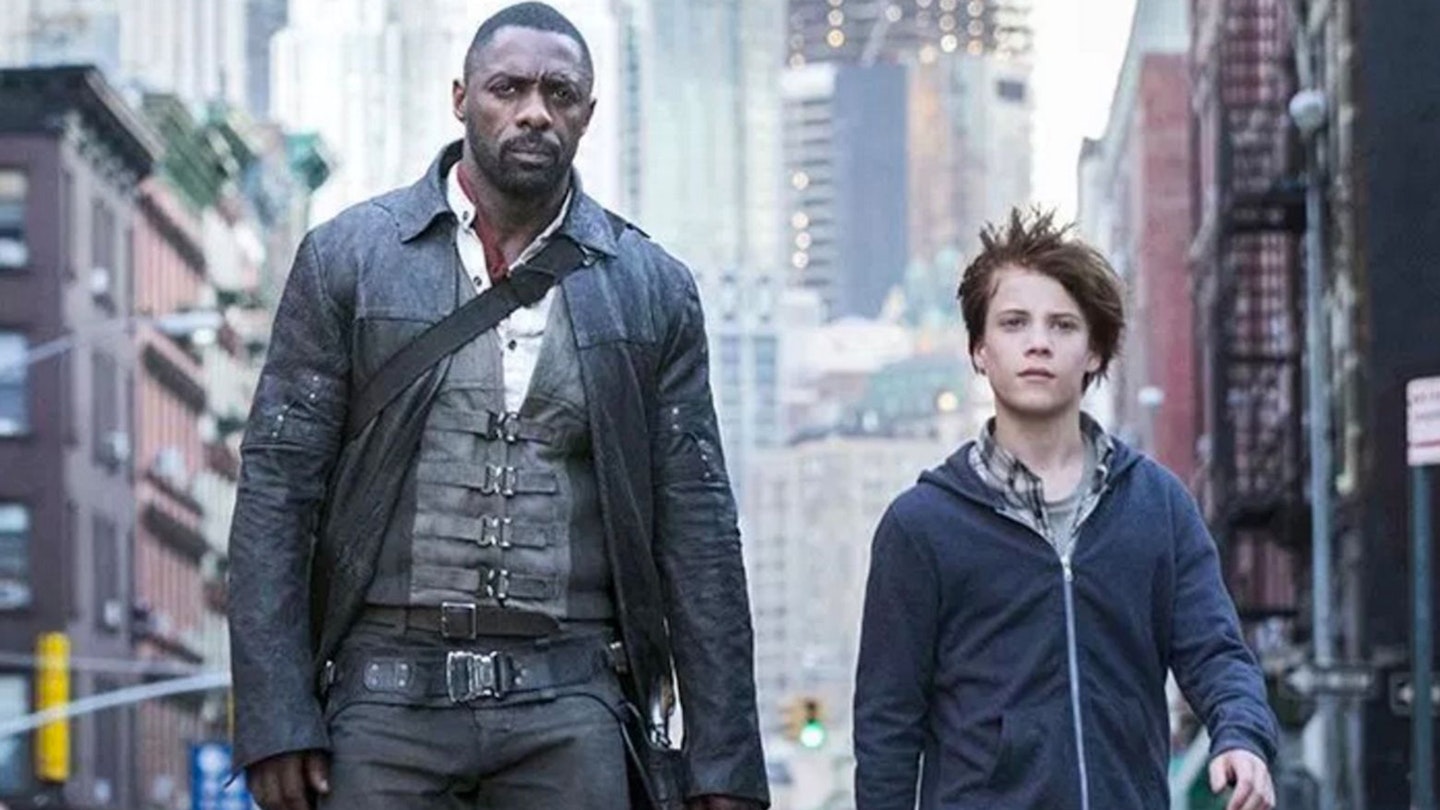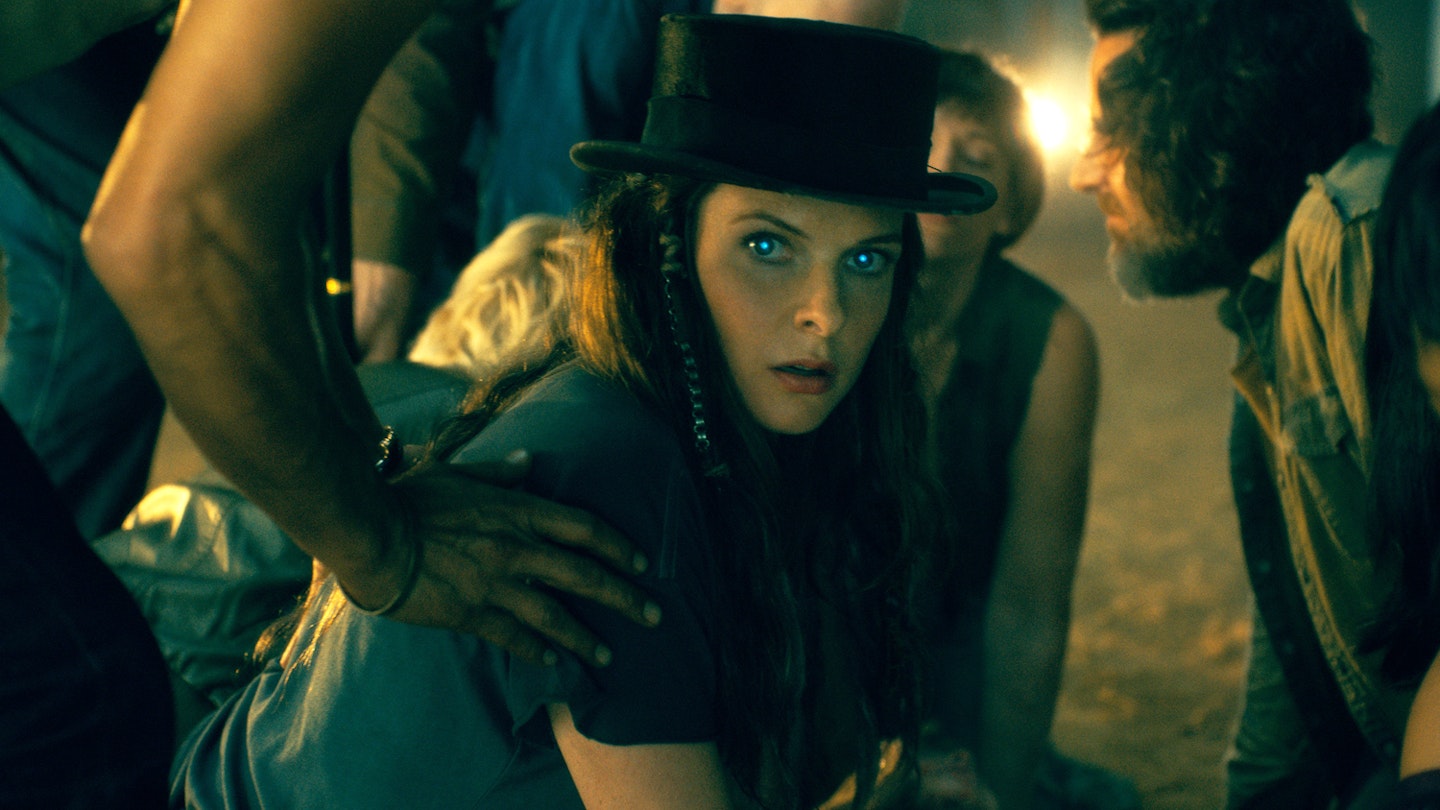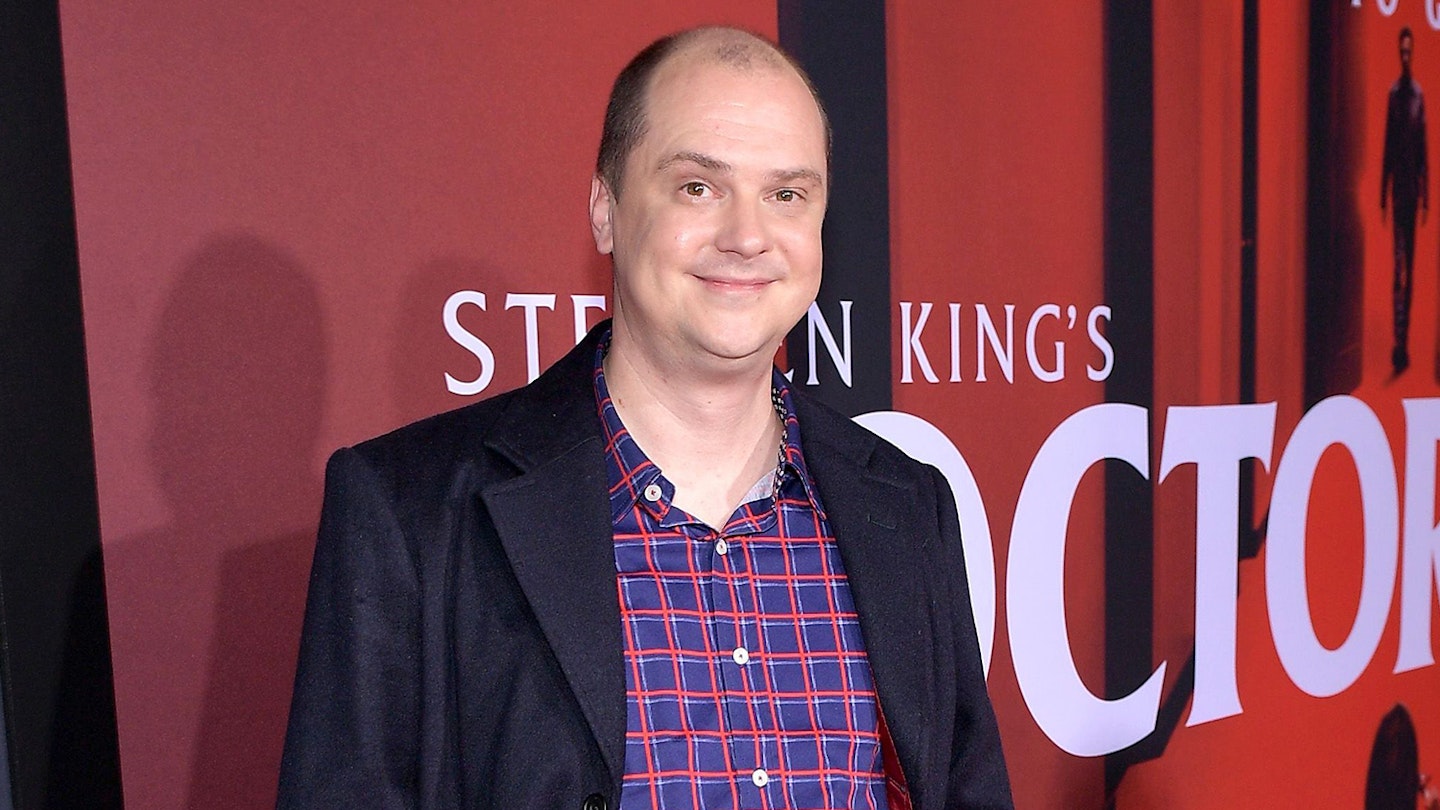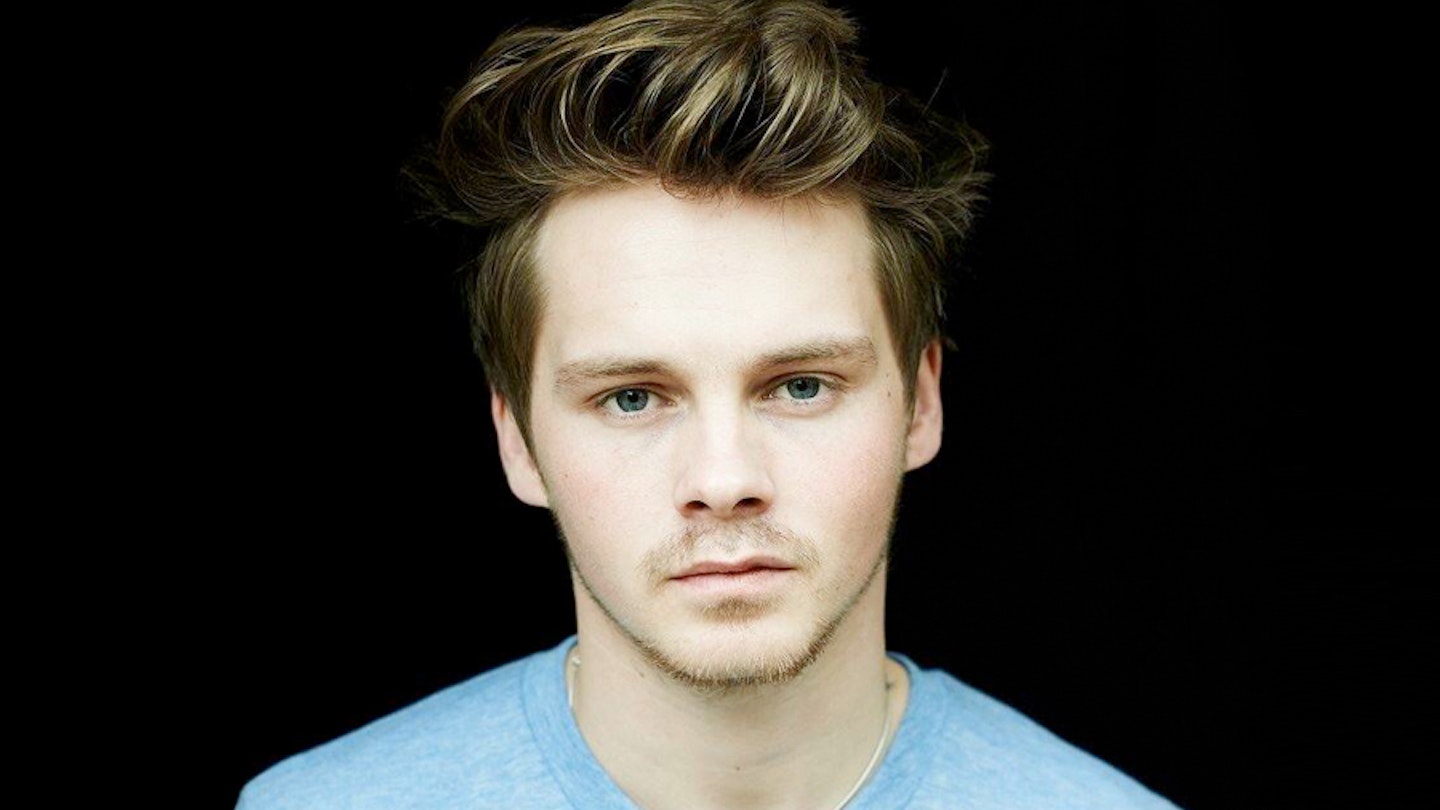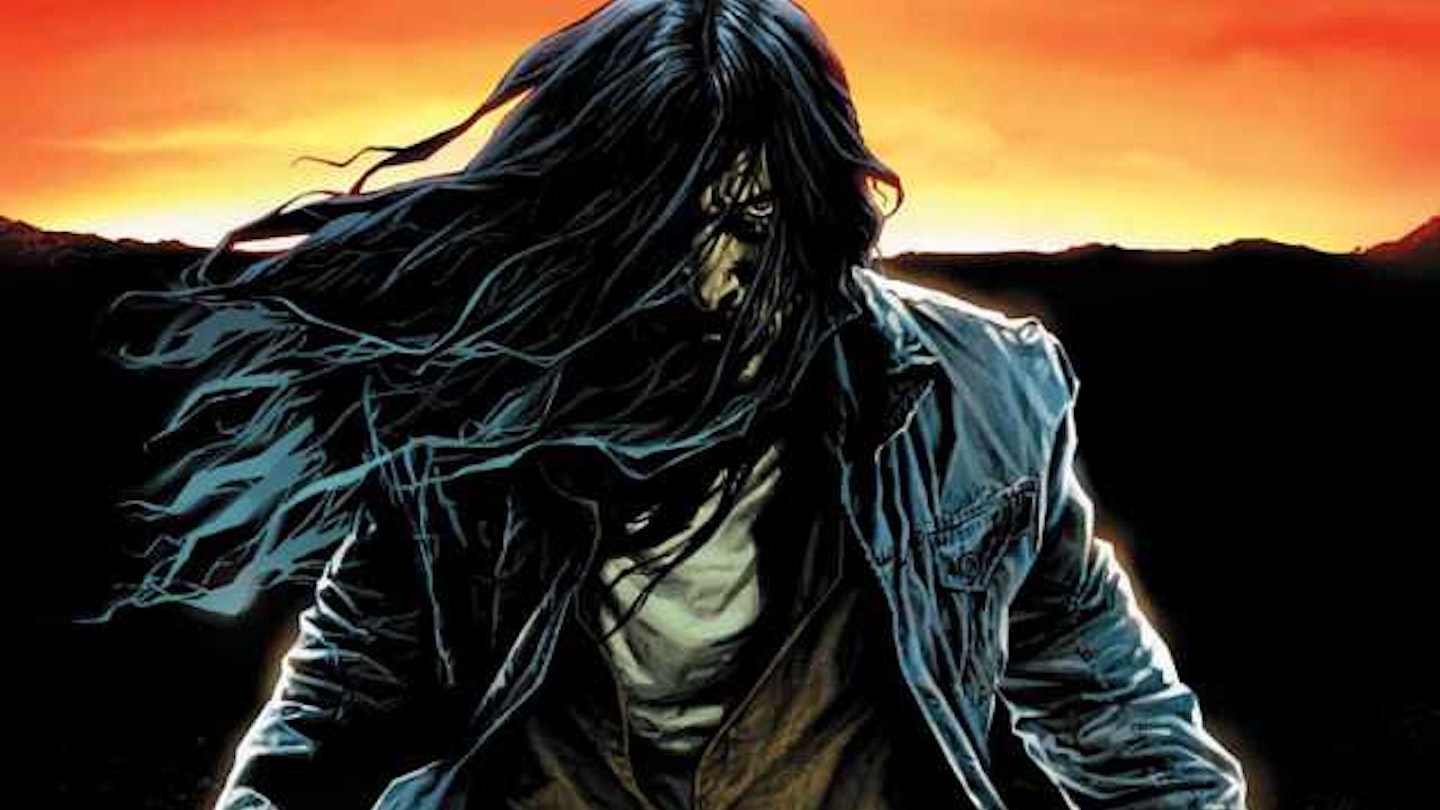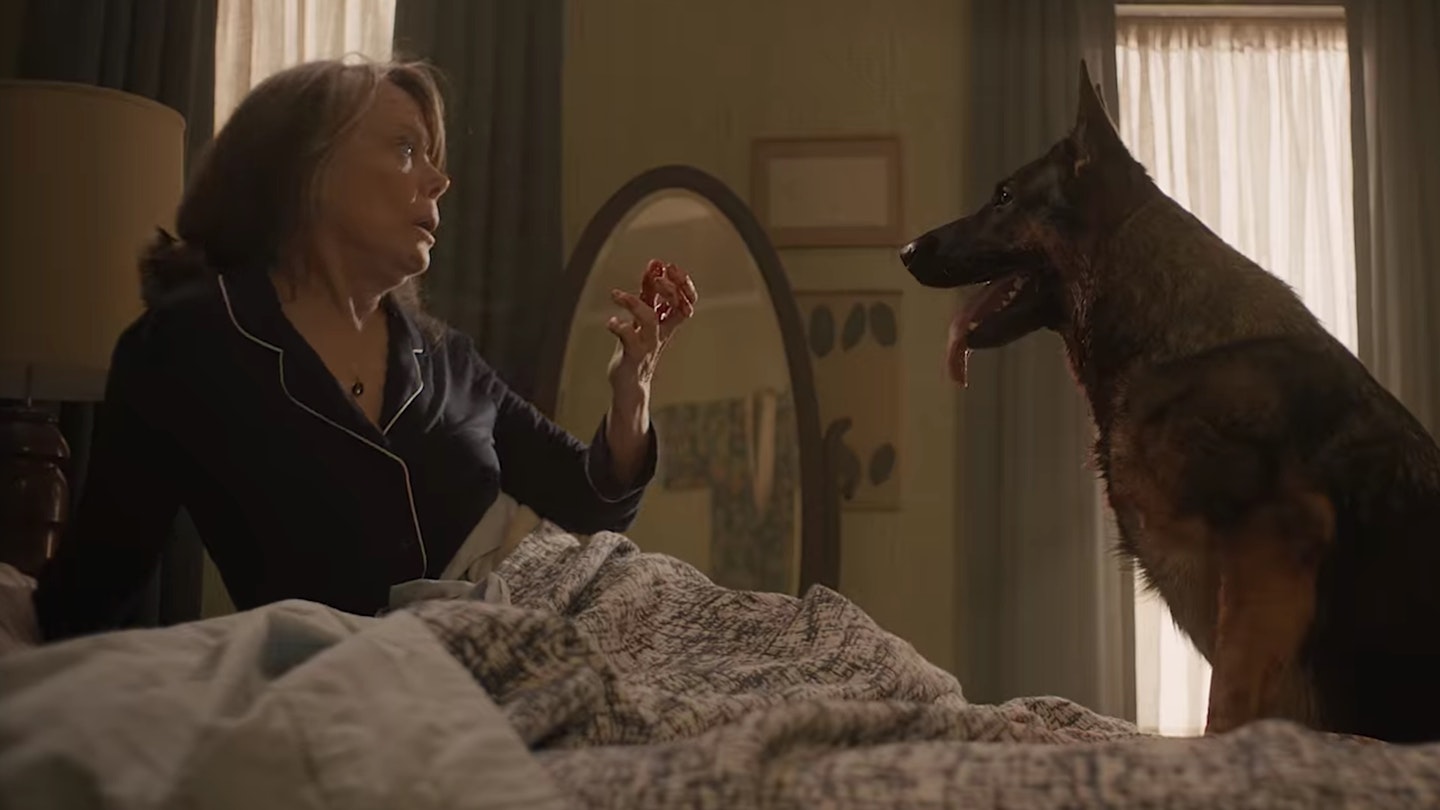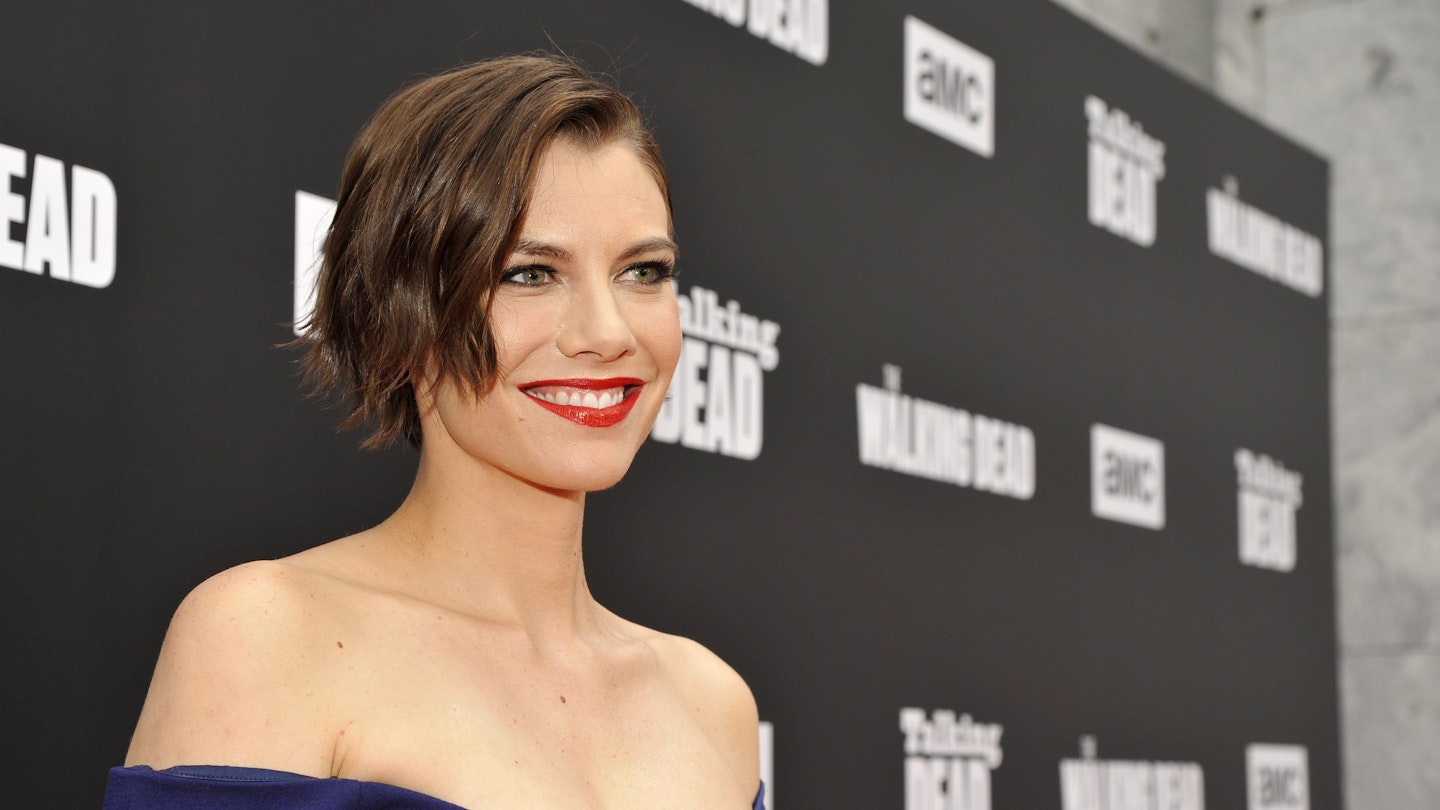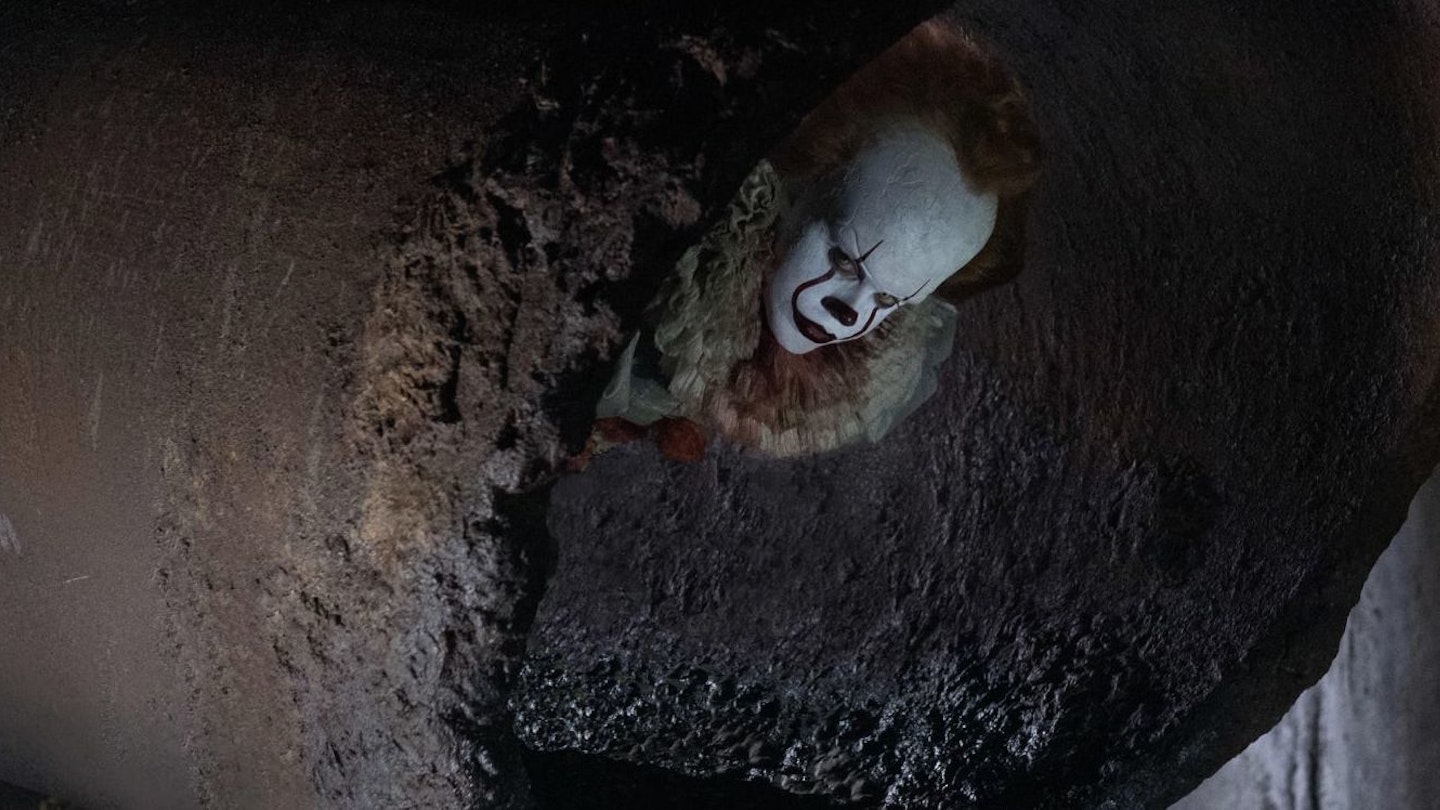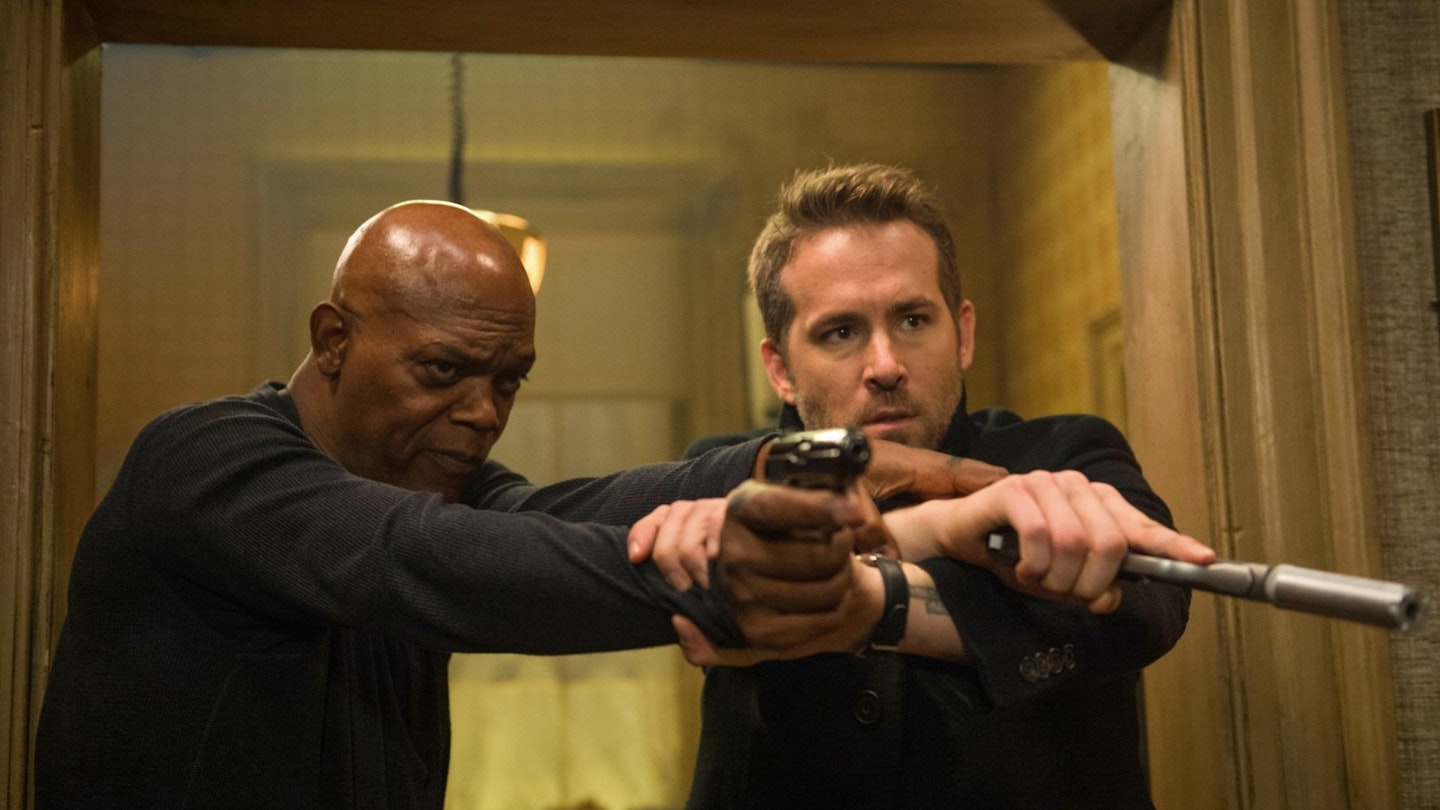Stephen King's sweeping sci-fi-fantasy-Western-horror epic, The Dark Tower, is full of cool lines, memorable characters and film-friendly imagery, but low on film-friendly brevity. Hollywood has been tinkering with the eight-book series for a decade and has here distilled elements of several of the books into one brief and – for some reason – PG package. The result has more of a whiff of Neverending Story than one would expect from King's books, and less of the (literal and figurative) weight you'd expect.
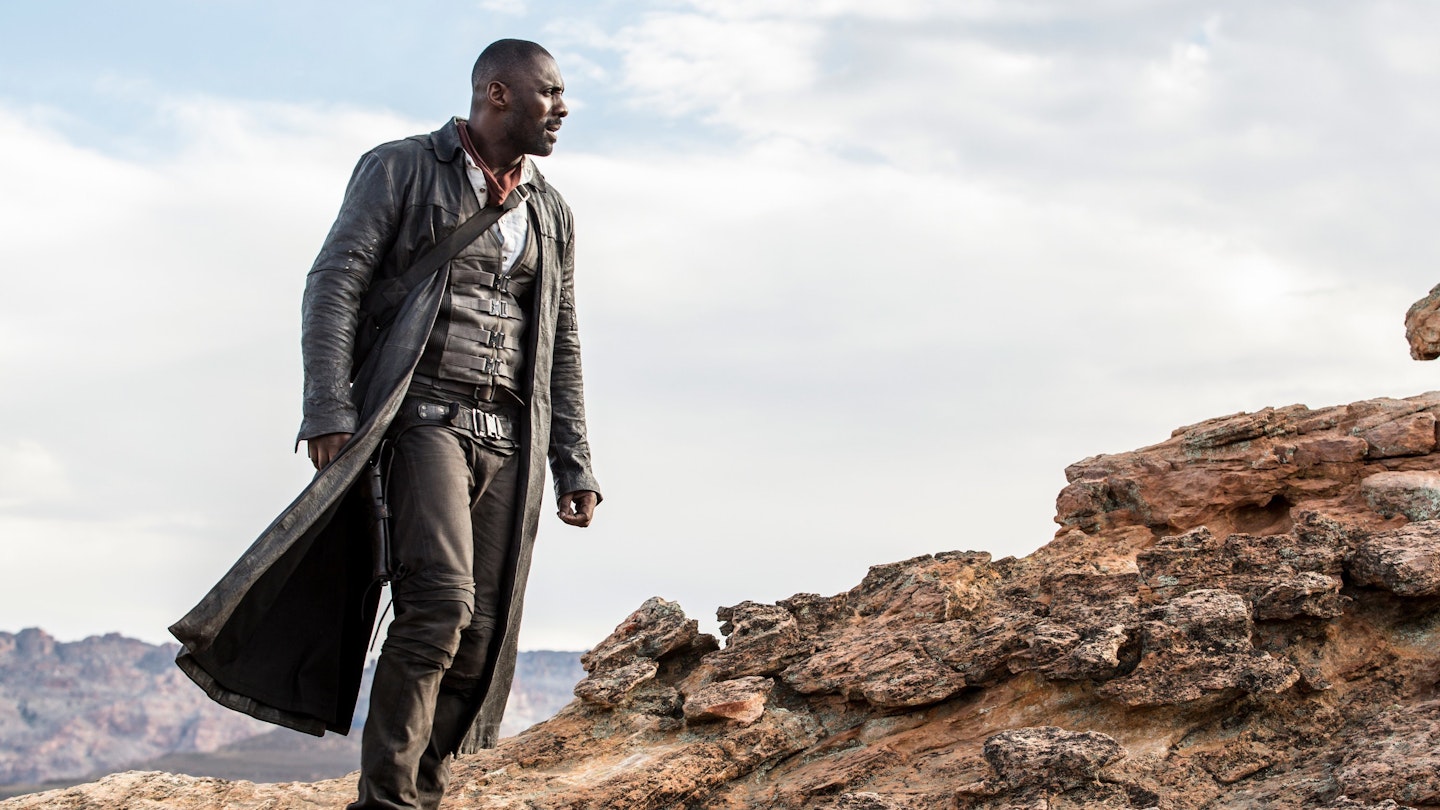
As the film opens we're told that a Dark Tower lies "at the centre of the universe", and that "It is said that the mind of a child can bring it down". And oh, here's a child, young Jake Chambers (Tom Taylor), plagued with dreams of the tower since his father's death, and also by visions of the Man In Black (Matthew McConaughey). This is a sorcerer, or science whizz, or some combination of the two, harvesting kids and using them to attack the Tower in order to end the universe and allow monsters in. Luckily the Man In Black – or Walter, as his mother named him – has a sworn enemy in the Gunslinger, Roland (Idris Elba), inhabitant of a post-apocalyptic world. He too lost a father (Dennis Haysbert) tragically, so brace for some father-complex bonding.
The plotting would be fine, as far as it goes, but the brutal pace of the storytelling means that scenes are stripped of all but essential exposition and there's almost no connective tissue between events. A monster breaks through into our universe using images of the dead, for reasons unexplained, and characters repeatedly react in unexpected ways to attacks, as if the script was originally twice as long. Elba manages to infuse Roland with some power and anguish, and Taylor does well in the slightly thankless role of Plucky Kid, but otherwise we're left almost completely without coherent characters.
It's especially hard on McConaughey, reduced to pantomime villain status. He swans around with ill-advised spiky hair, and pops up all over the place to order people to "stop breathing". Since he haunts our two heroes' nightmares, can project his image to taunt them or appear physically, you're never sure to what extent he poses a real threat when he turns up. He should seem locked in a duel with Roland, yet he has whole teams of subordinates and henchmen, who wear fake skin for unclear reasons yet seem a little too colourful to work for such a tyrant. Tonally, it's bizarre; there's a reason the books kept things stripped down at first.
We're left almost completely without coherent characters.
The action also disappoints. While Roland's reloading skills are extraordinarily cool and fun, the fights themselves are muddily edited and shot in a choppy, distant style that reduces the impact – probably for that rating. Jackie Earle Haley shows up for one fight that must, surely, have been longer. It's as if this has been stripped to the bone, and while one can admire its economy the baroque swirls it excises are much of the appeal of The Dark Tower. There's a clear love for King here – look out for the little nod to The Shining too – but it needed more time and blood to resemble the story we know. If you're going to sneak in ostensibly ridiculous lines like, "His shine is pure" or "Have a great apocalypse", you need more human drama around them as a cushion.
